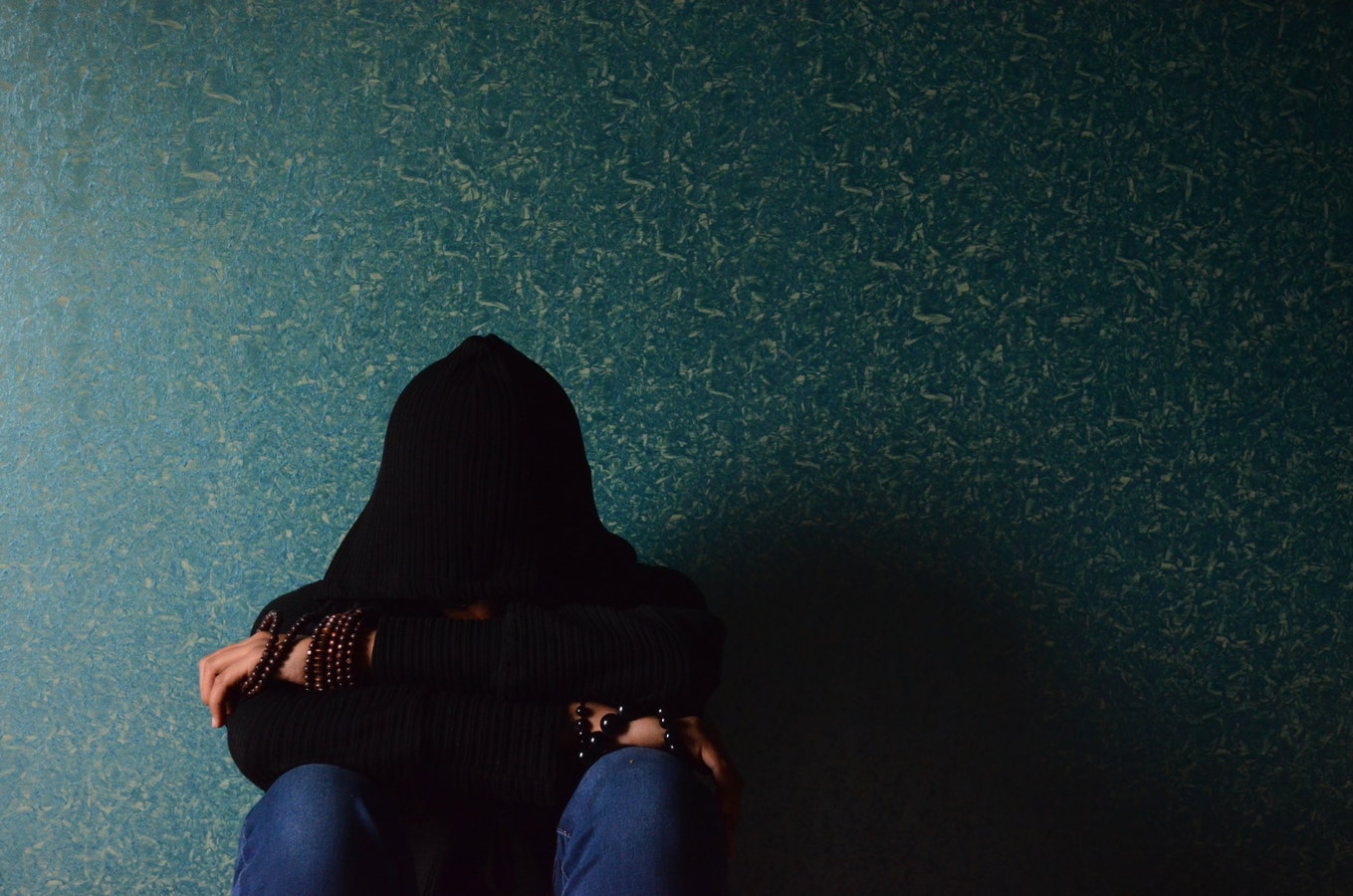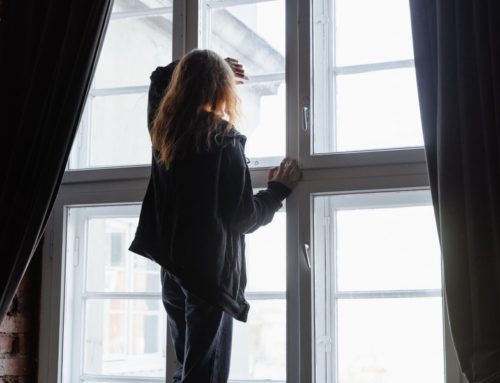Situational Depression Disorder
Have you ever encountered a situation so distressing you felt you couldn’t get through the days and weeks that followed? Even after the stressful situation itself is over, the after effects linger. It’s not an uncommon condition. Situational Depression Disorder, also known as adjustment disorder with depressed mood, is usually the result of a traumatic event or the worsening of a chronic stressor[1]. Unlike major depression or other depressive disorders, adjustment disorders are caused by specific, distinct stressors in life. Situational Depression Disorder, like major depression, has a powerfully disruptive effect on a person’s life, and can even be incapacitating.
Causes of Situational Depression Disorder
Situational depression disorder can follow a sudden traumatic event or can be the result of stressful situations that linger. The following events are just a few of the more well-known situations that cause situational depression disorder:
- death of a loved one
- loss of a job or income source
- money problems
- problems with one’s living arrangement
- trauma, like assault, rape, natural disasters
- moving
- problems at school or declining grades
- personal illness
- conflict in a significant relationship
- divorce or separation
- loss of custody of one’s children
Symptoms of situational depression
Few people will have all of the following symptoms, and different people will show different aspects of depression, but these are the most common:
- deep, lingering sadness
- emptiness
- hopelessness
- sleeping too much or too little
- anhedonia (inability to feel pleasure)
- crying spells
- constant worrying or feeling anxious or stressed out
- unusually low appetite
- problems concentrating, feeling mentally “foggy” or trouble focusing
- feeling overwhelmed
- inability to perform normal daily activities or feeling very challenged in doing them
- withdrawal from one’s usual social situations
- letting important things, like paying bills and shopping for groceries slide
- poor work or school attendance
- thoughts of suicide
Treatment for Situational Depression Disorder
Psychotherapy is the best treatment option for situational depression disorder. Therapy can help a person develop new coping skills, as well as get a better understanding of what is creating and prolonging depression. Of the many kinds of psychotherapy, cognitive-behavioral therapy (CBT) or one of its variations is often an ideal choice.
Home Care for Situational Depression Disorder
Unlike major depression or bipolar disorder, situational depression will lift on its own. However, life can be miserable until it does. Taking good care of ourselves helps short situational depression disorder and makes life easier. Consider just a few of these ways we can help ourselves:
Get in motion. Mild exercise daily triggers the release of the brain’s natural feel-good chemicals, like dopamine. A 20 minute walk daily can be enough to help lift your spirits.
Improve your sleep hygiene. Start preparing for bedtime thirty minutes to an hour before you actually climb into bed. Avoid snacks and caffeine and drinks of any sort, including water or sodas. Also consider limiting or eliminating your use of electronic devices like phones, tablets and computers. Blue light given off by those screens may affect wakefulness.
Assess your eating habits. Avoid simple carbohydrates and sugars while increasing your intake of veggies, whole grains and fruit.
Resist the urge to isolate yourself. You may not feel up to your usual level of socializing, but don’t cut yourself off completely. Let people know you’re coming through a challenging time, but also let them know you don’t want to be alone.
Damaris Aragon, ARNP, BC provides a full spectrum of mental health care to people in Spokane, Washington and the surrounding areas. She focuses on providing compassionate personalized care that adheres to current evidence-based standards. Reach out to Damaris through her contact page or calling 509-342-6592.
[1] https://www.mayoclinic.org/diseases-conditions/adjustment-disorders/diagnosis-treatment/drc-20355230






